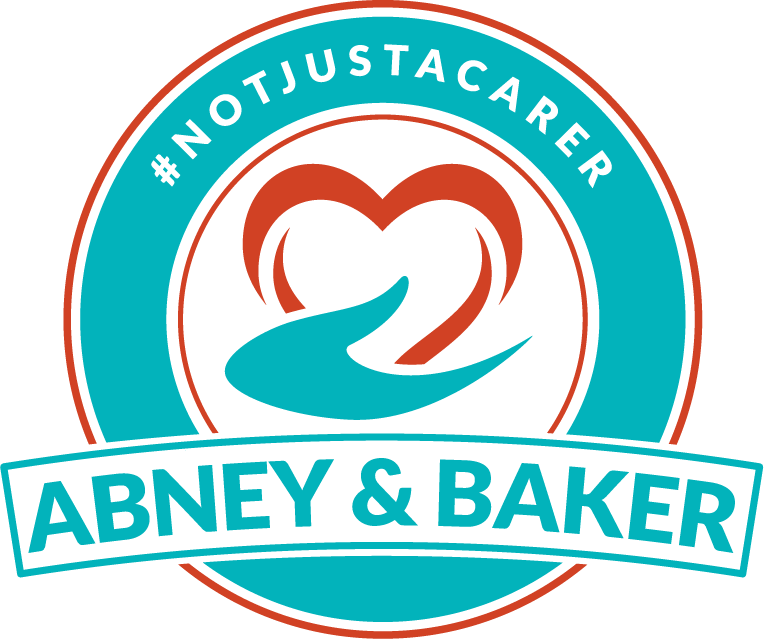Our care team members are very much on the front line, caring for some of the most vulnerable people in the community. The Pandemic has definitely been challenging and has added pressure, but one thing has always remained constant - our commitment to and care of our clients…that has never changed.
10 tried & tested ways to boost your immune system
As we get older, our immune system tends to become less sturdy, so we’re likely to be at greater risk of infections etc. But, there is some good news….there are plenty of ways to help keep your immune system in tip top condition. Building a strong immune system is on a lot of people’s minds at the moment in particular, so here we’ve pulled together some handy top tips to support you make those positive changes.
COVID Safe Home Care – Top 5 things to look out for
It can be quite daunting accepting care at home for the first time, particularly during COVID-19 times. We understand it can be a worrying time for you but when you’re armed with the right information and questions to ask, you can feel confident that not only are you getting the right care for you but that it is as safe as possible. We’ve pulled together our top 5 things to look out for when choosing a care provider to ensure you’re in safe hands.
Going above and beyond for carers and clients in challenging times
We have introduced a number of initiatives to support our team during these challenging times so they can focus on making a real difference to making our clients feel safe and reassured. We have also received great support from other local companies. From carer goody bags to homemade soap to sooth carers’ hands, we’re looking after our team so they can look after you.
Your A-Z guide to coronavirus terminology
Supporting elderly family and friends from a distance – Top 5 tips
Being apart from your older family members or friends at this time can be really tricky. It can lead to feelings of guilt and helplessness. However, there are plenty of things you can do to support relatives or friends from a distance. The little things can really make a difference during these unprecedented times.
Coronavirus: How we're keeping you and our carers safe
Bath Mind – Supporting your mental health & wellbeing
With self-isolating and distancing, this can be a particularly difficult or stressful time for many. However, Bath Mind have highlighted that there are lots of things you can try that could help your mental health and wellbeing. They have created a great Coronavirus support and wellbeing page on their website which is full of useful tips and advice. We have pulled out some of the key tips.
Coronavirus scams – how to spot and stop them
Whilst most of us are helping and supporting each other during this time, there are unfortunately a minority who are looking to profit and take advantage from the COVID-19 outbreak. It is important to be aware of the types of scams out there, what to look out for so and ways you can keep yourself safe. Which? have pulled together a really useful article on the different sorts of scams.
Coronavirus – the science explained
Help us keep everyone safe
How to protect your mental health whilst in isolation
The constant news about the pandemic can feel overwhelming and with so much uncertainty around, it’s understandable that it can take its toll on your mental health. But there’s plenty you can do to support your mental health. The World Health Organisation released advice on protecting your mental health during the outbreak.
Symptoms and what to do if you show any signs
If someone in your household has a new, continuous cough and/or high temperature, everyone in the household should stay home for 14 days. An outline of key symptoms of COVID-19 including high temperature, continuous cough and shortness of breath. Plus the latest advice on self-isolation - if someone in your household has a new, continuous cough and/or high temperature, everyone in the household should stay home for 14 days.
When to self-isolate and what it means
Self-isolation is when you need to stay indoors and avoid contact with others. If you need to self-isolate, please follow NHS advice for the whole period, even if you do not have any symptoms.
The latest advice from NHS states that you should stay at home for seven days if you have Coronavirus symptoms, either:
A high temperature
OR
A new continuous cough
How to avoid the spread of Coronavirus
With the number of cases of Coronavirus in the UK steadily rising, it is vitally important that we all do what we can to prevent the spread of the infection.
You can help to prevent the spread by doing the following, as advised by the NHS, and asking visitors to your home to do the same:
✔ Wash your hands with soap and water more often than usual – do this for at least 20 seconds.

